Hermès is engaged in yet another lawsuit, however for a company which has always been vigilant in protecting its brand, it is surprising to see it on the receiving end for once.
So let’s break down what the Hermès Birkin Lawsuit is all about.
Hermès Faces Lawsuit Over Birkin Bag Sales Practices:
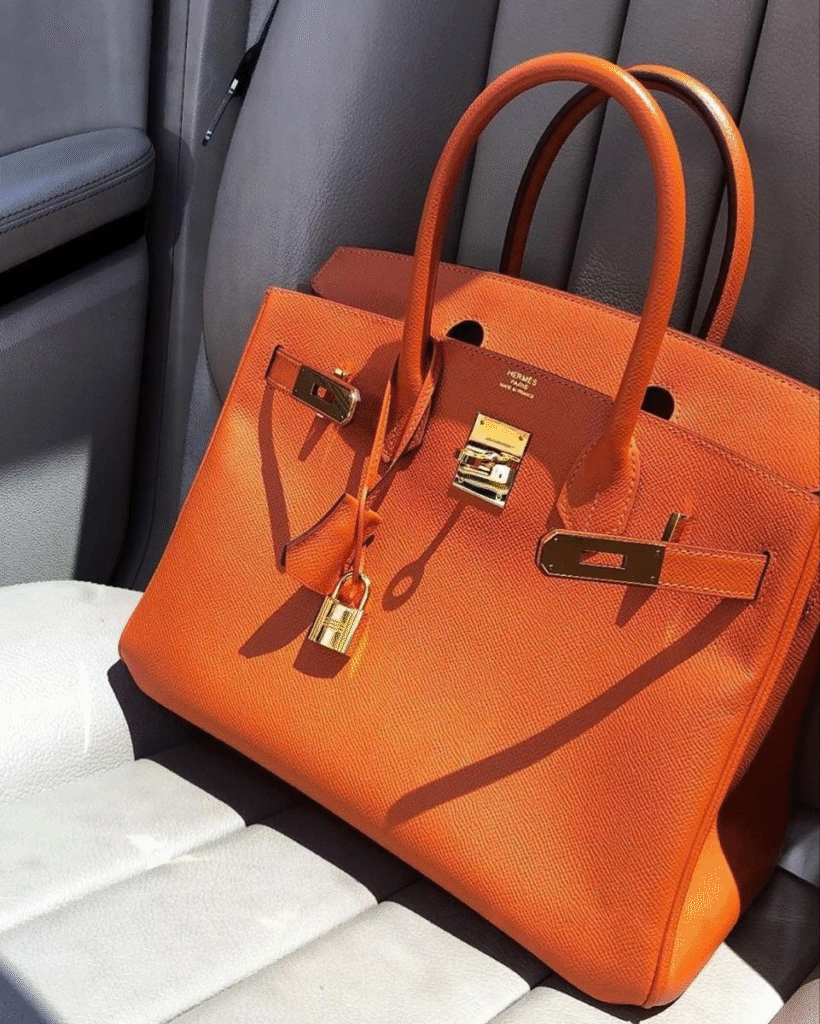
The class action suit has been filed by Tina Cavalleri and Mark Glinoga against Hermès International and Hermès of Paris, Inc. This concerns Hermès’ infamous “Birkin” and the market power that Hermès enjoys due to its “unique desirability, incredible demand and low supply.”
The complaint filed by the petitioner’s objects to the Hermès policy wherein a customer must spend an ample amount of money on other ancillary products of the brand to be able to be “eligible” to buy a Birkin bag, allowing Hermès to increase the price of the Birkin bag, market it as a “exclusive symbol of prestige” and well; make profits.
The complaint highlights that a Birkin cannot be purchased online and can only be procured through an in-store visit, but even then, the Birkin is not displayed in the store and is not available for a simple walk-in purchase. The retail store must “deem you worthy” of being shown a Birkin, and even then the chosen customer does not enjoy freedom of choice when making a selection, because “for all practical purposes, there is no way to order a bag in the style, size, colour, leather and hardware that a consumer wants.” The store selects the specific bag it wants to offer you for sale.
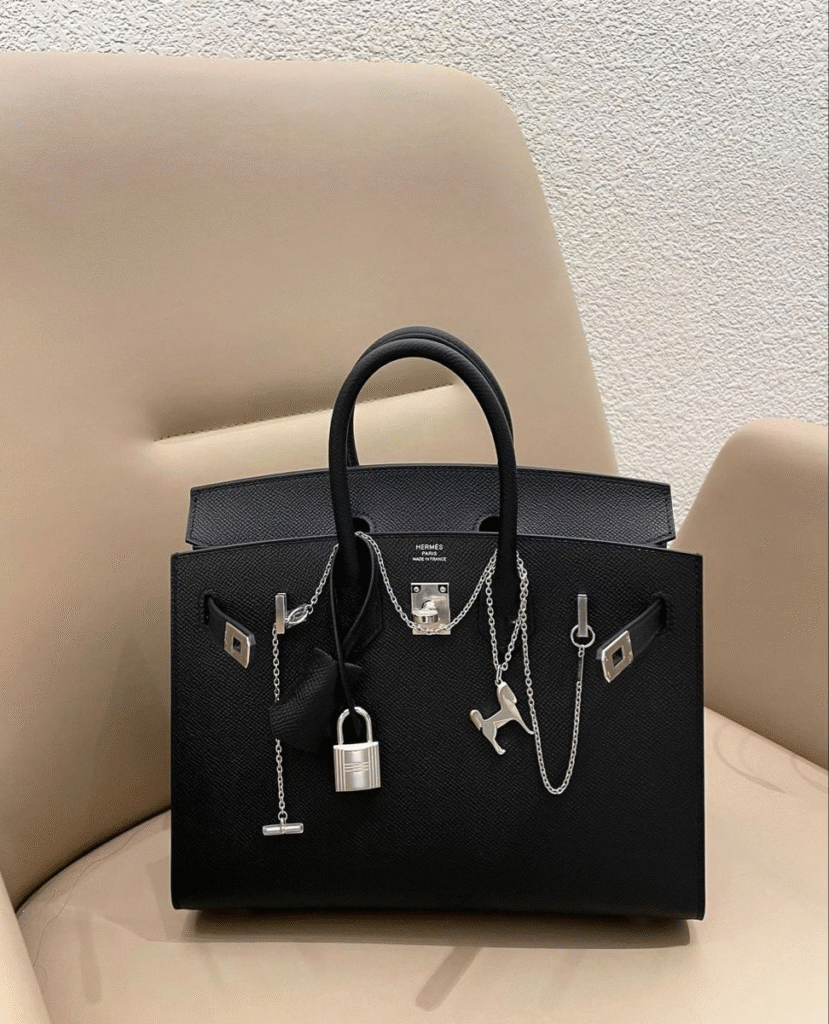
In order to maintain this process, Hermès employs “Hermès Sales Associates” who must establish a sufficient “purchase profile” of the consumer, before deeming them eligible for the Birkin. The Sales associates are paid by the hour and also receive commission on their sales. What is interesting to note however, is that the associates receive a 3% commission on the sale of ancillary products, and 1.5% commission on the sale of non-birkin bags, while getting no commission for the sale of a Birkin. This makes sure that the associates are motivated to push more ancillary items to its customers and also motivate the customers towards a Birkin bag purchase in the long run.
The class action is based on the very fact that the Plaintiff’s access to their product of choice was limited to specific conditions requiring them to spend their money on ancillary products.
Limited Birkin Availability and Antitrust Laws:
There are three main legal claims in this case that are based on the Sherman Act, Cartwright Act and California’s unfair Competition Law.
“The Sherman Act prohibits monopolization of any part of the trade or commerce among the several States or with foreign Nations. 15 U.S.C. §2.”
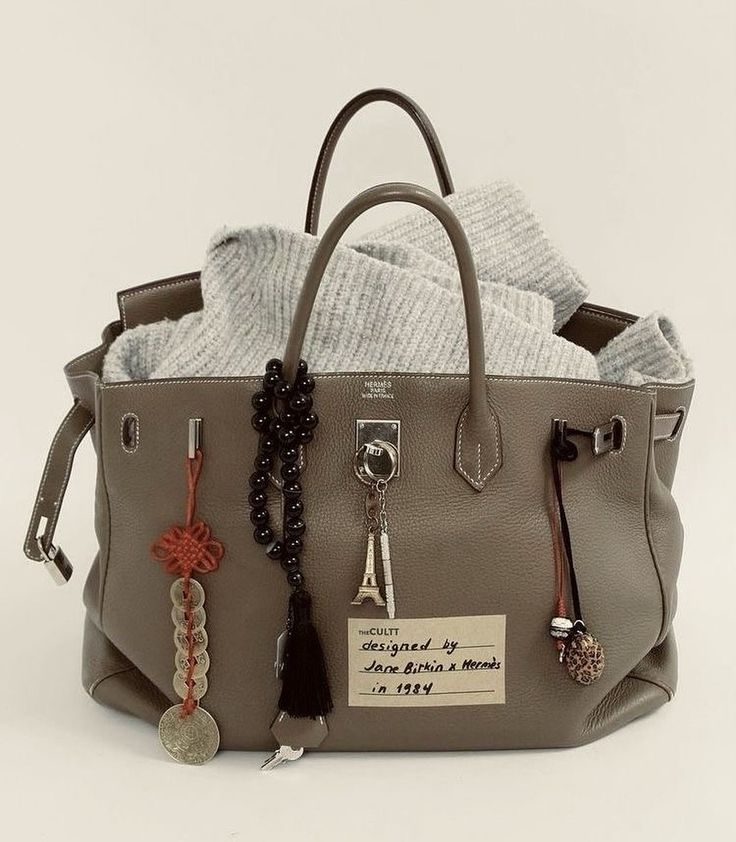
Since in order to purchase a Birkin Bag it is a precondition that a customer must purchase ancillary products and build a sufficient purchase profile with Hermès, it may be deemed that the brand necessarily coerces its customers into making those ancillary purchases. Since, the Birkin enjoys a certain level of desirability in the market it affects the consumers power to make certain purchase decisions.
“Cartwright Act, Cal. Bus. & Prof. Code § 16700 et seq., which prohibits, inter alia, the combination of resources by two or more persons to restrain trade or commerce, or to prevent market competition. (Cal. Bus. & Prof. Code, §§ 16720, 16726.)”
According to the Cartwright Act a “combination” is formed when the anti-competitive conduct of a single firm coerces other market participants to involuntarily adhere to the “anti-competitive” scheme.
In simpler terms, it prohibits any such contract for sale which could lessen competition or create a monopoly.
The violation of the above two provisions, has been thereby categorized as an unlawful business practice as per the California Business and Professions Code sections 17200, et seq.
Can Hermès Legally Limit Who Can Buy a Birkin Bag?
What is interesting to me however, is the fact that under Contract Law, for a sale transaction to be initiated there needs to be an “offer for sale” and over a period of time, it has been sufficiently established that merely showcasing something on display at a retail store, does not amount to an “offer for sale”.
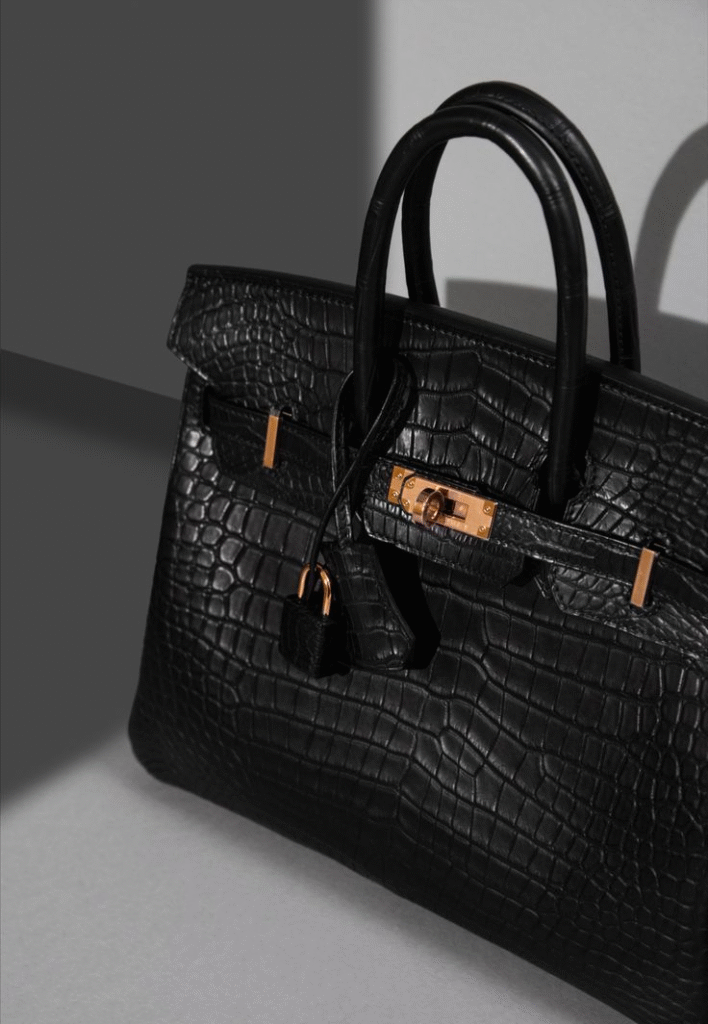
The seller can refuse the buyer, if they make the offer to purchase the product on display, hence the fact that a Birkin may or may not be on display at a retail store is not entirely the focus of the issue.
The issue necessarily lies with the classification system Hermès uses to deem its customers “worthy” or “eligible” for even being offered a Birkin. It must also be noted that being eligible to buy a Birkin bag, would not mean that you are eligible to buy the Birkin you would like to buy, in fact the store decides what Birkin to offer you for sale hence, the customer has no control or choice in the entire process.
One may even understand this entire process as an incentive or reward based system, wherein the customer must “support the business” and then be rewarded with the opportunity to buy a Birkin bag, which they can flaunt as a badge of honor or prestige amongst their peers. The more you spend with the store, the more bags (badges) you collect.
However, I wonder if it is any different from the sale campaigns adopted by retail stores, wherein the more you buy, the more discount you can avail, or that one free session at the salon you can avail after availing a certain number of salon services.

Another factor that we cannot ignore, is that Prestige brands have always restricted and/or controlled the release of its most premium products into the market, which means that despite having the purchasing capacity, you might not still have the access to the product. A recent example of this is Louis Vuitton’s Speedy Millionaire bag. Not only does the bag cost a whopping US$1 million, it is sold exclusively on a made-to-order basis, an option only available to Louis Vuitton’s highly vetted clients.
Another great example is Ferrari which not only heavily controls who can buy a “Ferrari” but also heavily controls what happens with the car, after purchase.
The case could stand to be a precedent for all luxury brands, who place heavy importance on “exclusivity, prestige and status” to maintain high demand and even higher price tags for their products.



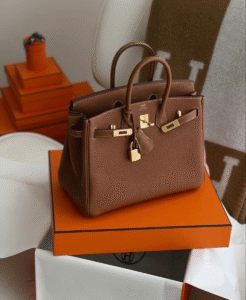
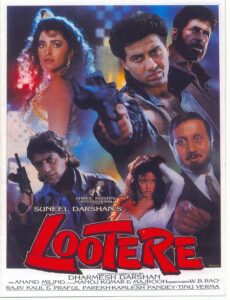



![Demna woke up and chose violence!!!
Gucci Milan Fashion Week Fall 2026, Demna’s debut Runway ✨🙇🏻♀️💋
[Demna, Gucci, Milan Fashion Week, Runway, Fashion, Italy, Let The Raven Talk]](https://lettheraventalk.com/wp-content/plugins/instagram-feed/img/placeholder.png)
